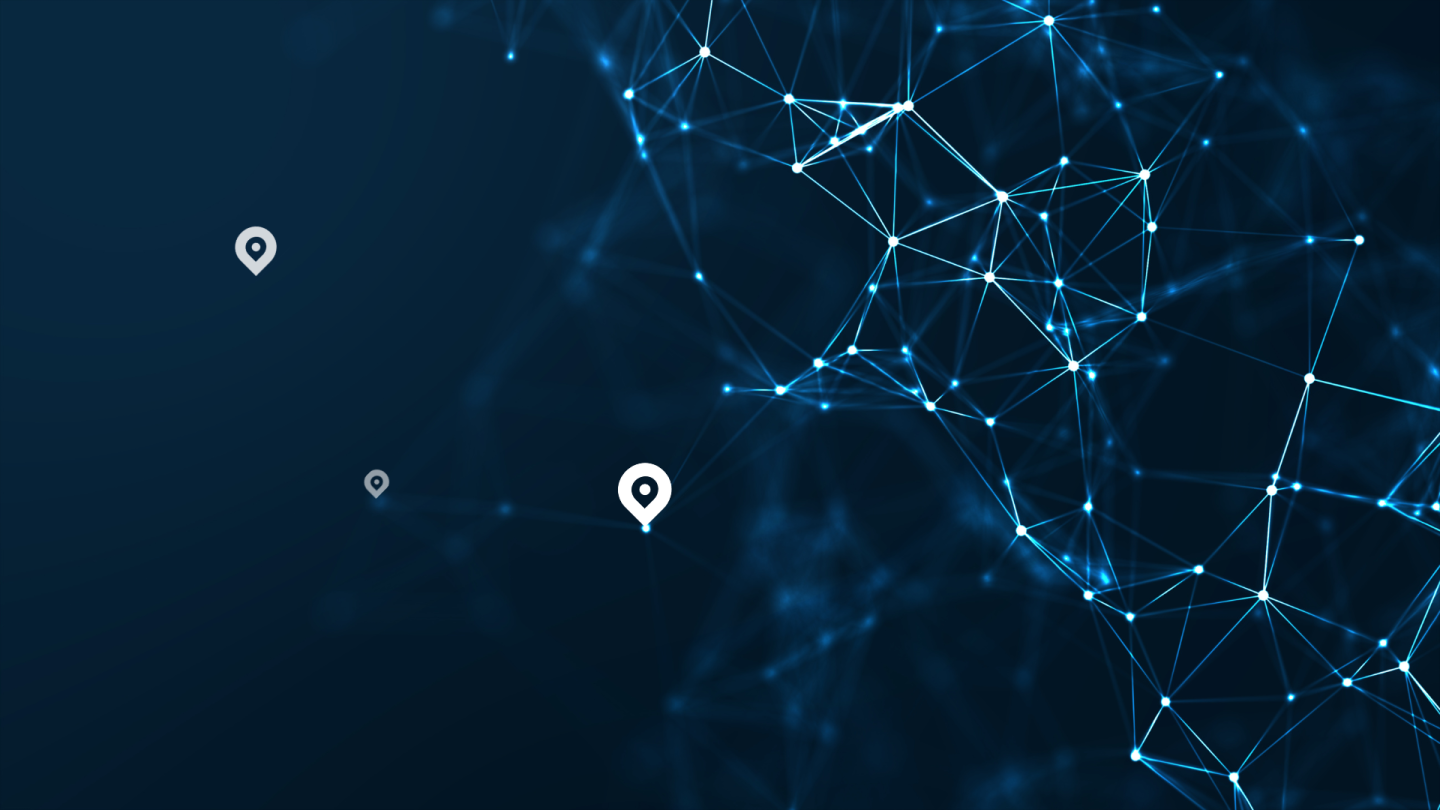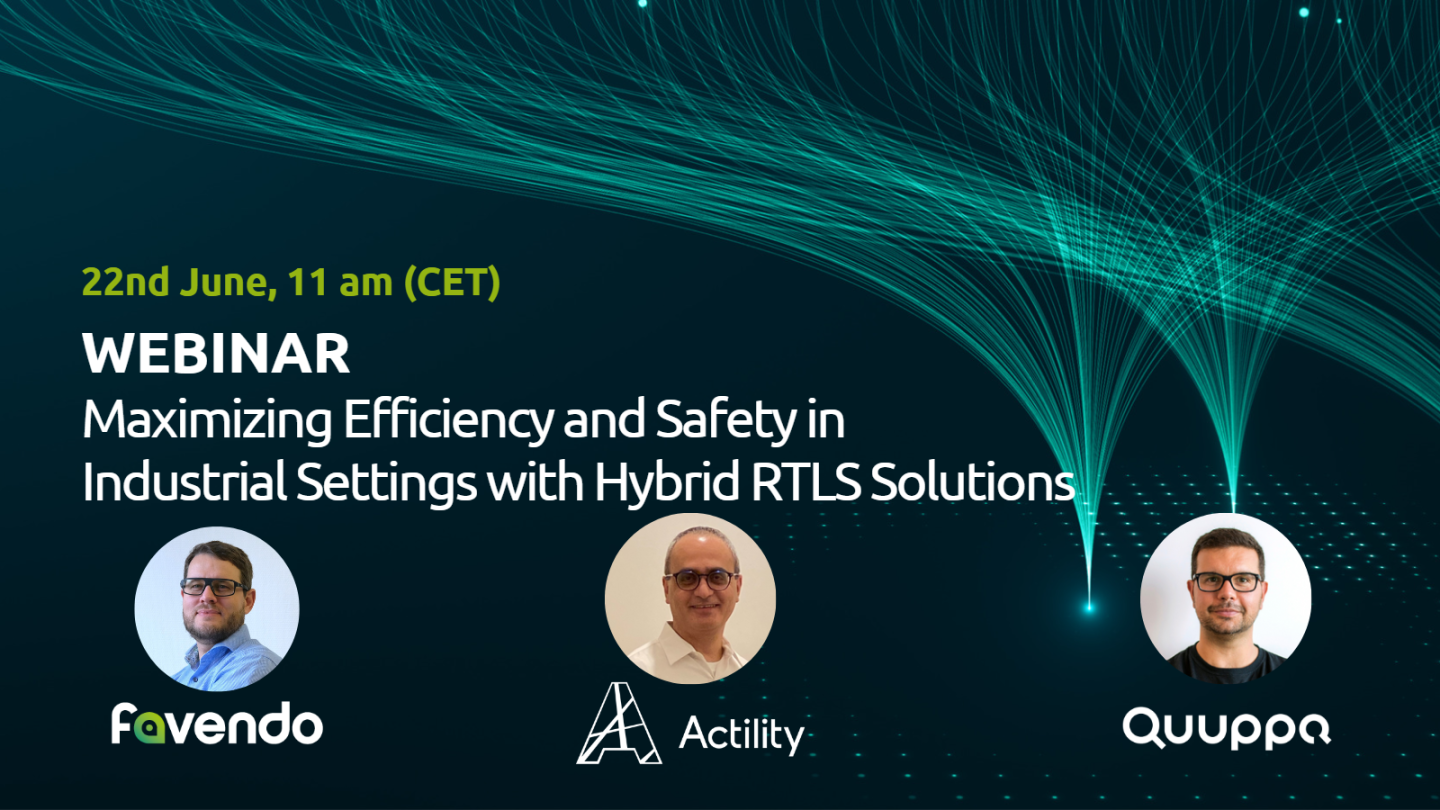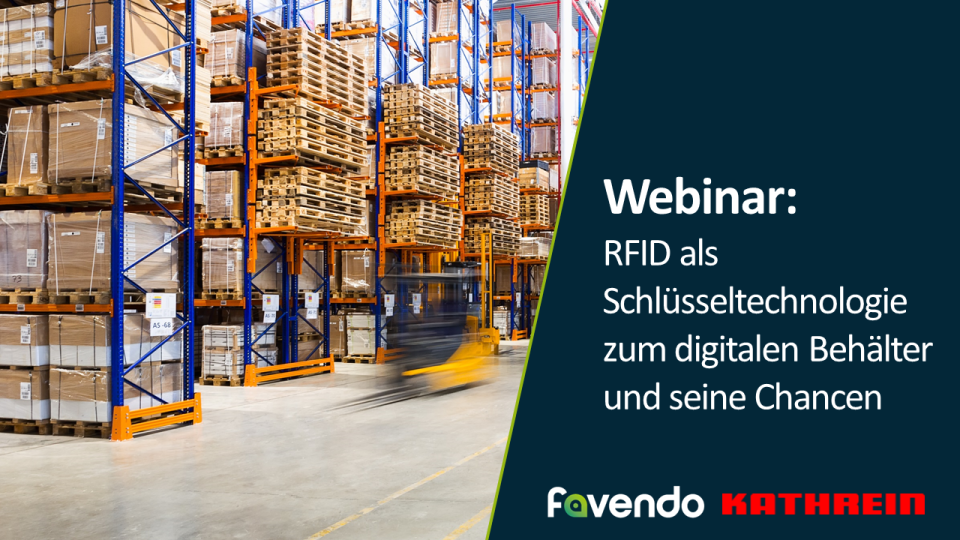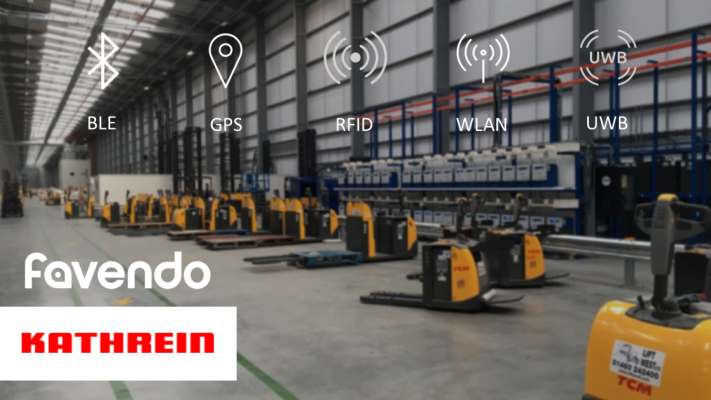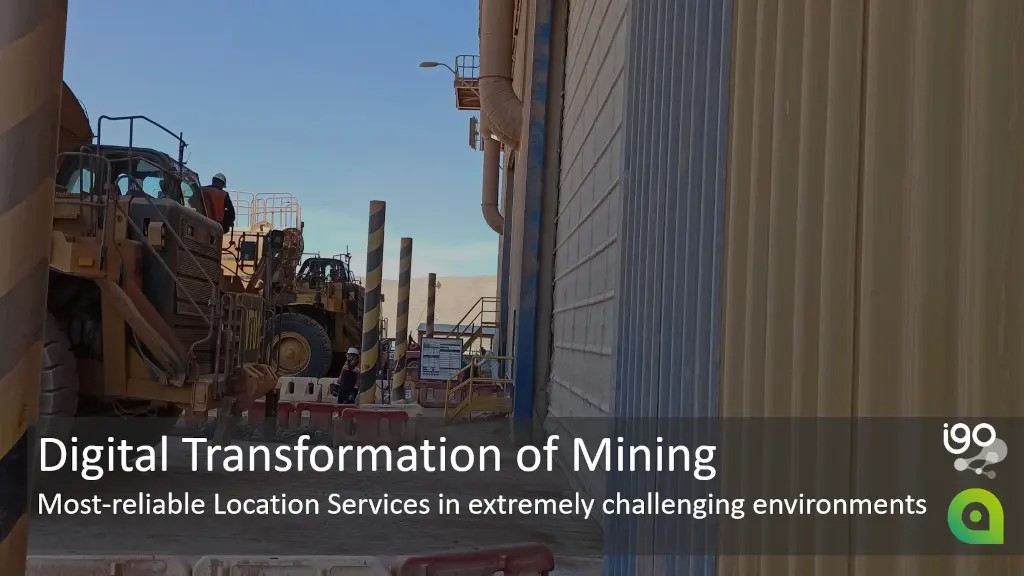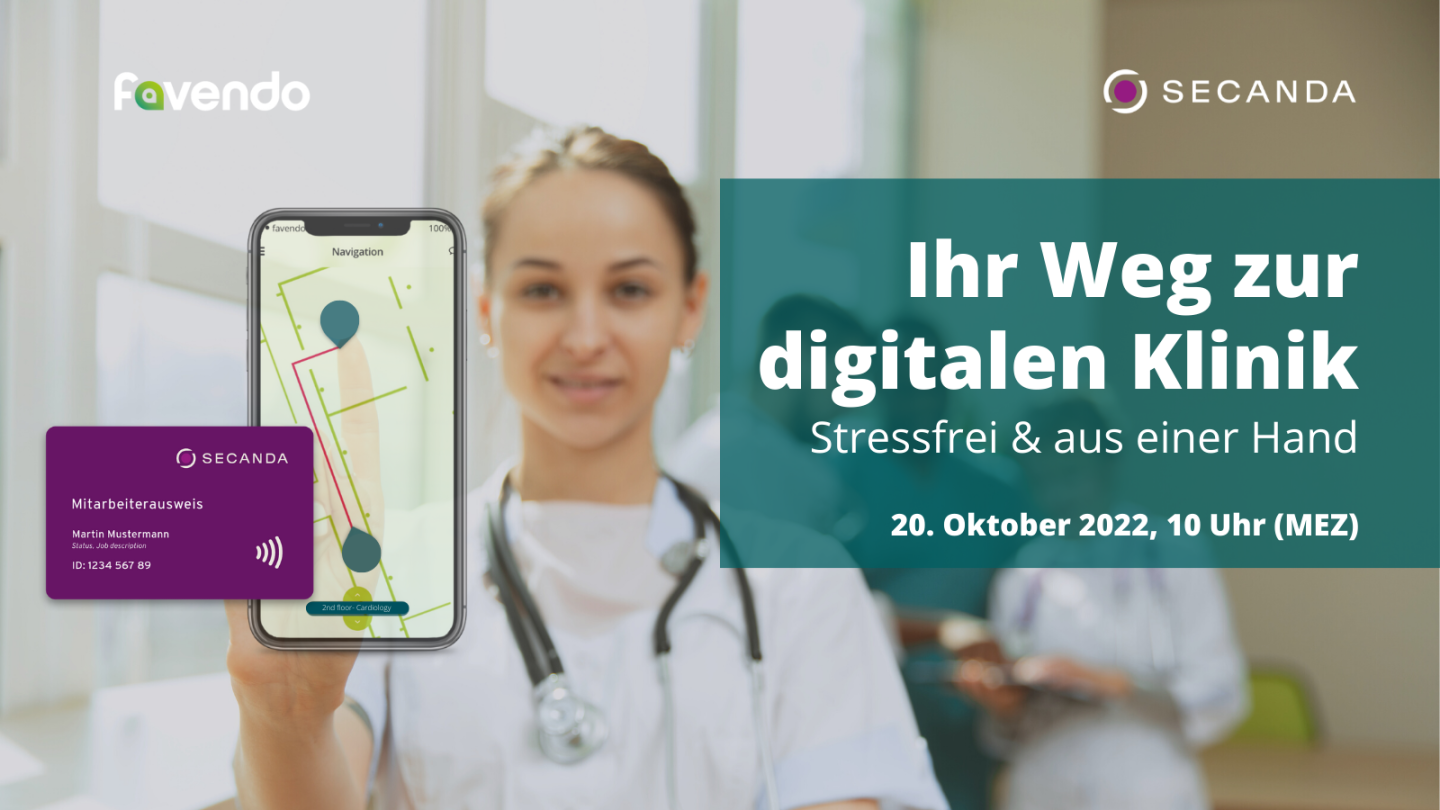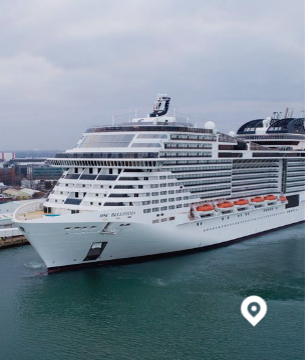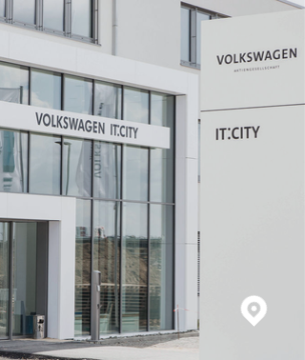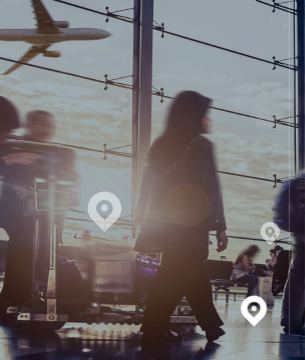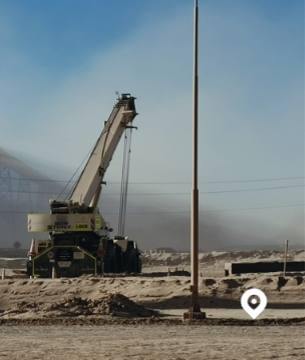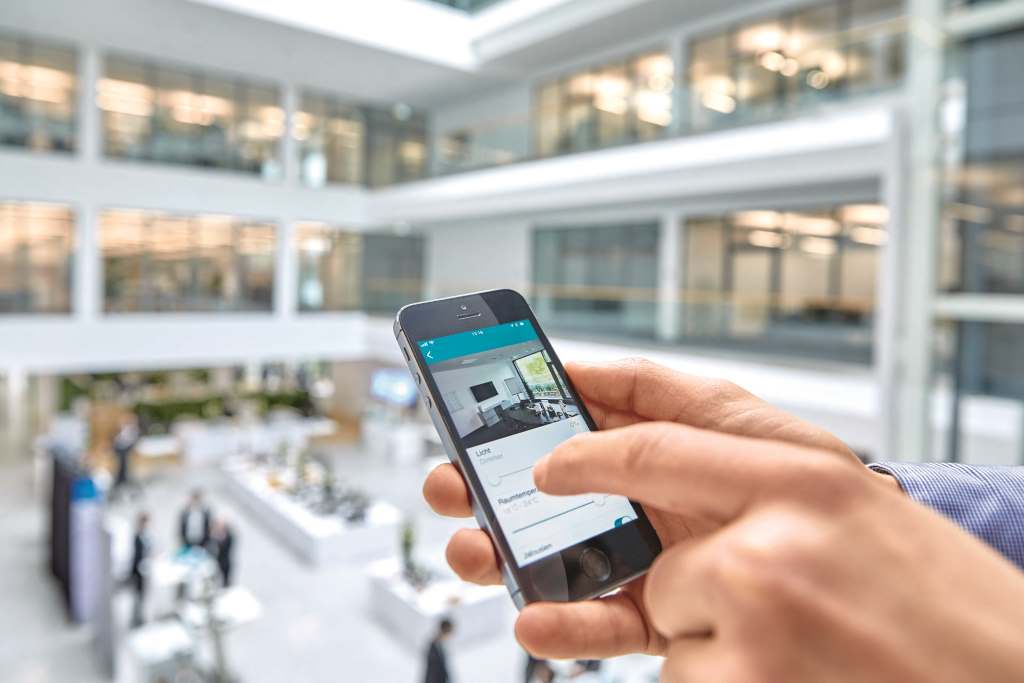Favendo RTLS Knowledge
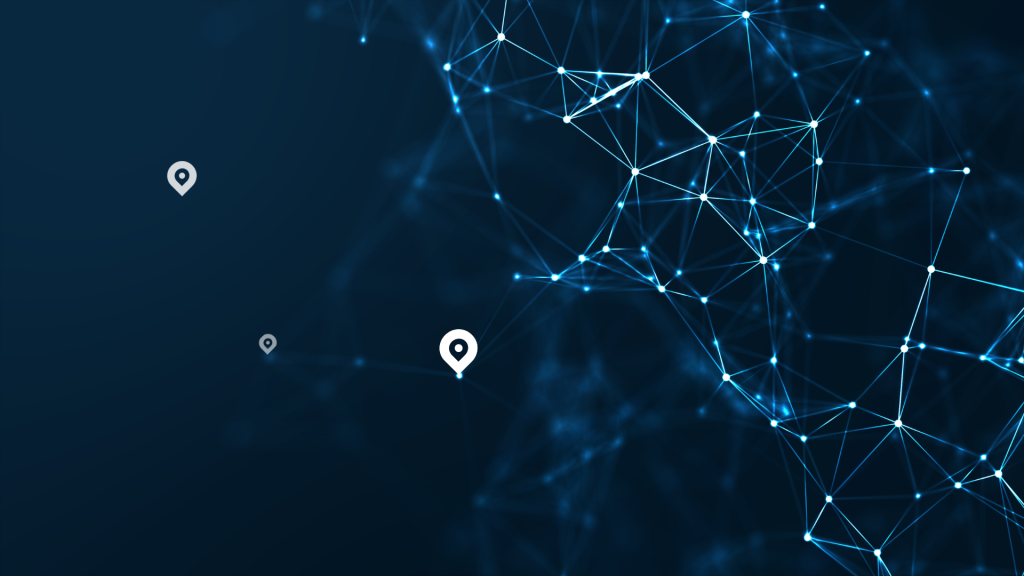
Whitepaper Asset & People Tracking
Download our whitepaper on asset and people tracking with RTLS. Practical examples, technology comparisons and RTLS details.
RTLS Success Stories: Our Case Studies
Discover our free downloads on RTLS
- All
- implementation guide
- onepager
- technical documentation
- use case portfolio
- Whitepaper
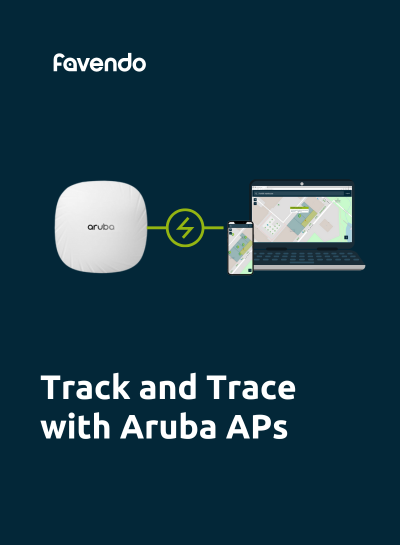
Track & Trace with Aruba APs
Many companies already rely on a WLAN infrastructure with Aruba access points. So why not use existing systems to implement an asset tracking solution? Learn about our joint solution.
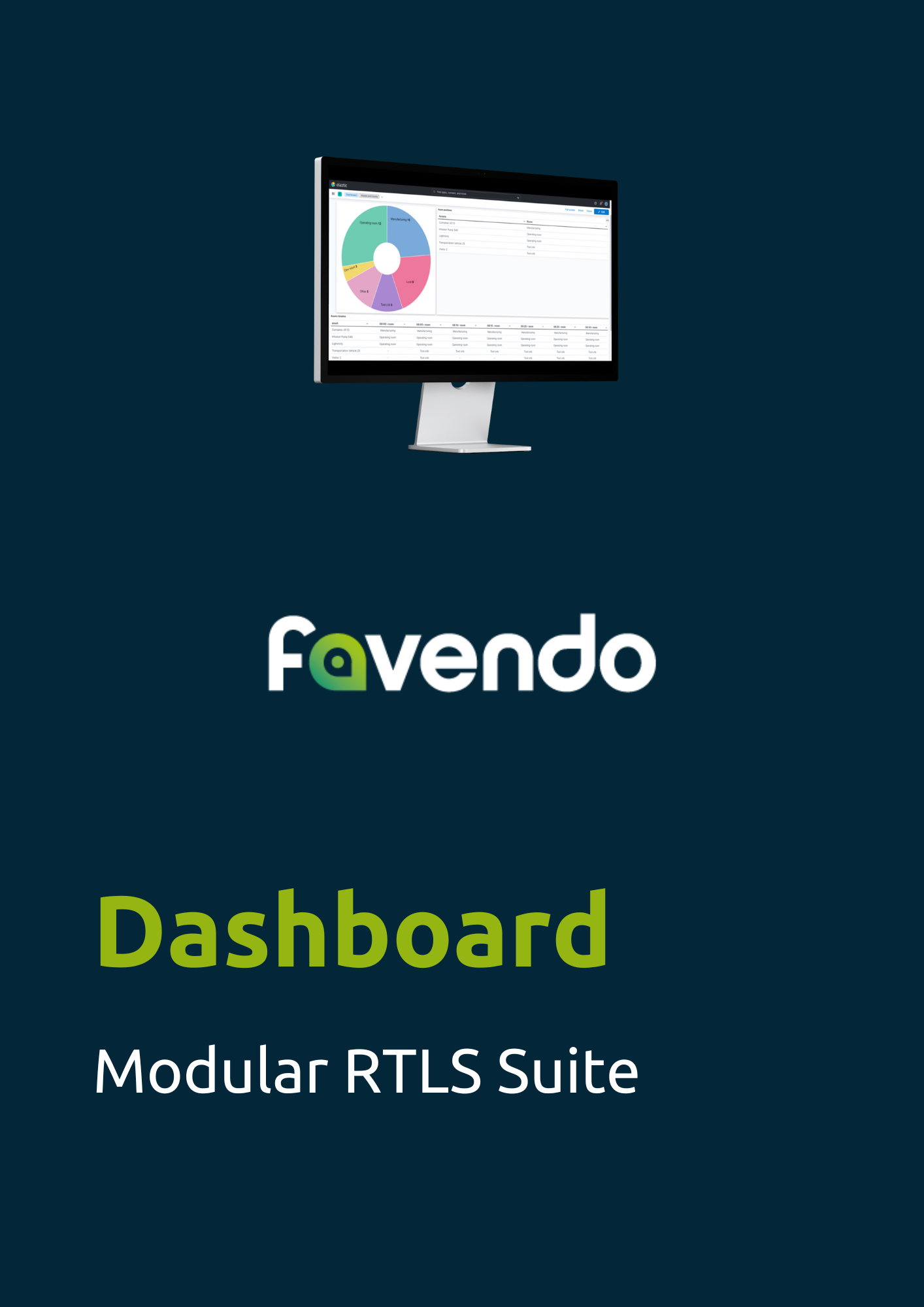
Onepager Favendo Dashboard
The dashboard brings location data together in one place and gives you valuable insight into your processes, customised by Favendo for your use case.
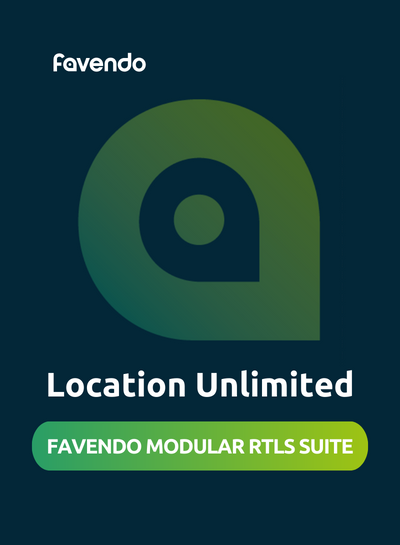
Favendo Modular RTLS Suite
Find the RTLS solution that fits your needs 100%. Take advantage of the diversity of our modular software stack and combine the individual components of the RTLS Suite according to your use case scenario. Discover the unlimited possibilities of the Favendo Modular RTLS Suite!
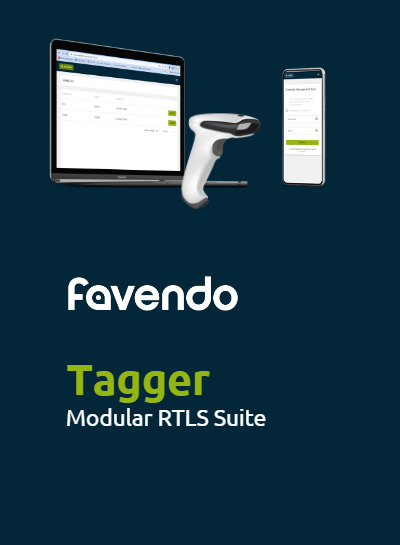
Onepager Favendo Tagger
The Tagger tool of the Favendo RTLS Suite displays the physical connection between the tag and the asset on the software side.
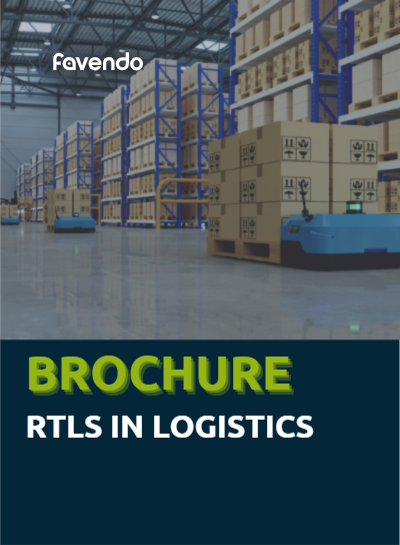
Brochure RTLS in Logistics
RTLS is your key to greater efficiency, visibility, and profitability in logistics and warehouses. Download our brochure for free.
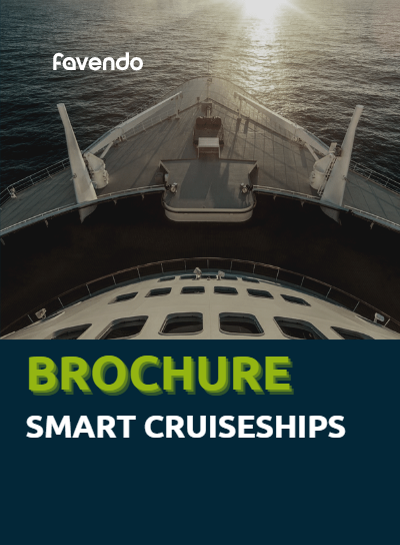
Brochure Smart Cruiseships
Discover how Favendo's solutions for Location-based services on cruiseships will enhance the guest experience and communication on board.
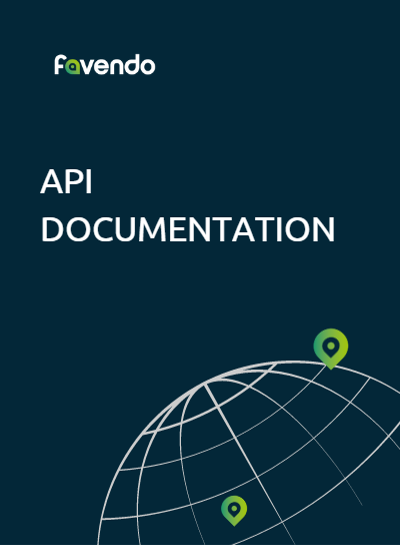
Favendo API Documentation
Favendo offers an open API to make using your location solution fast and easy. This documentation gives you an insight into Favendo Zircon API.
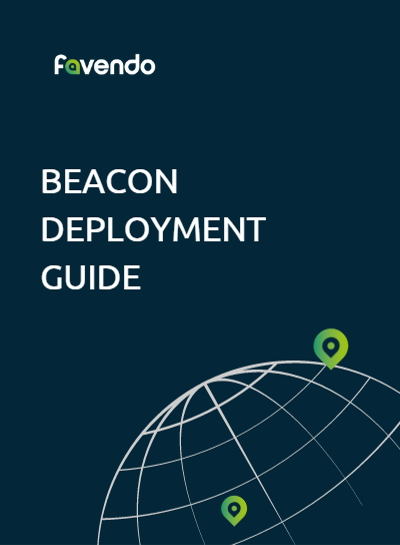
Beacon Deployment Guide
This guide will give you insights into best practice for beacon deployment.
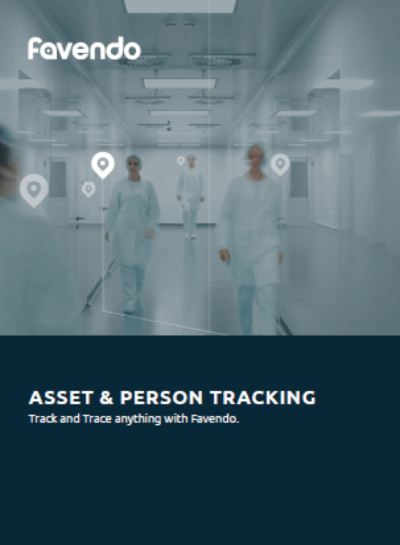
Whitepaper Asset & People Tracking
Download our whitepaper on asset and people tracking with RTLS. Practical examples, technology comparisons and RTLS details.
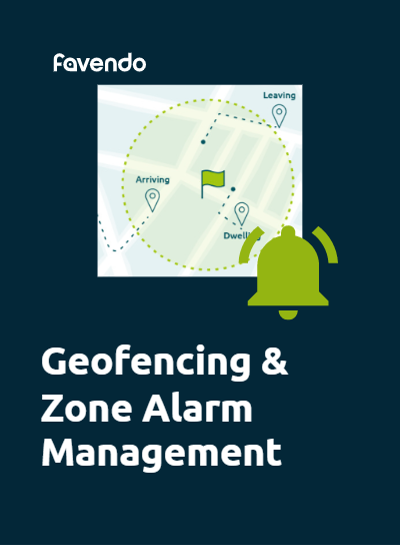
Onepager Zone Alarm Management
With location technology, you can do more. The geofencing and zone alarm management feature allows you to enrich your environmental data and use it for your purposes.
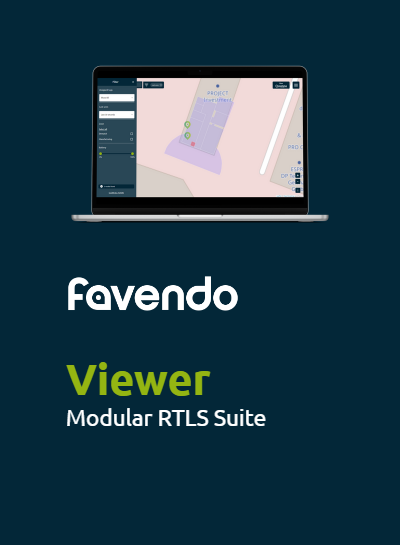
Onepager Favendo Viewer
Favendo's Viewer shows you the exact location of your asset on the map. The Viewer web-app is a modular component of Favendo's RTLS software suite and tailored to end users.
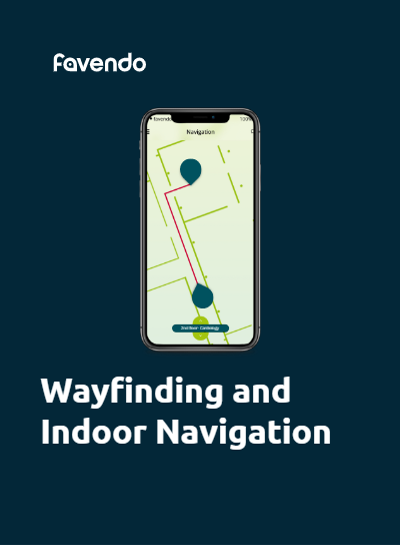
Onepager Indoor Navigation
Indoor navigation is the perfect complement to enhance the geust or visitors experience in sport stadiums, event arenas, large building complexes, hospitals or even cruise ships.
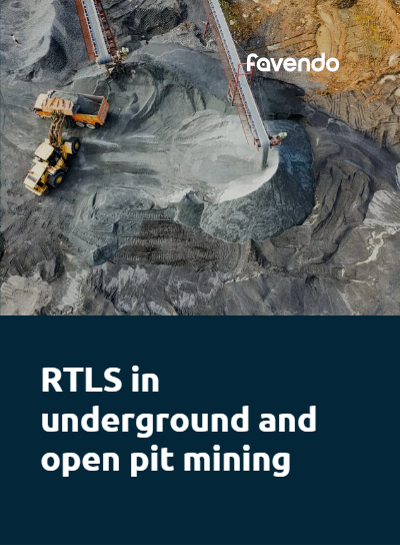
Onepager RTLS for Mining
Working in the mining industry means working in a dangerous environment with expensive tools. RTLS can help you to create transparency and especially safety for workers.
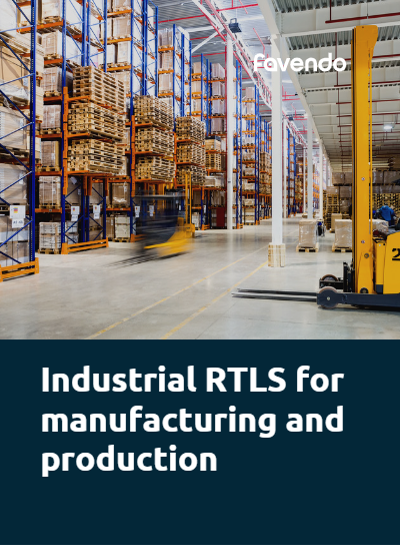
Onepager industrial RTLS
RTLS in industrial environments can help you improve your processes, create transparency and uncover bottlenecks. All use cases and benefits can be found in our onepager for industry.
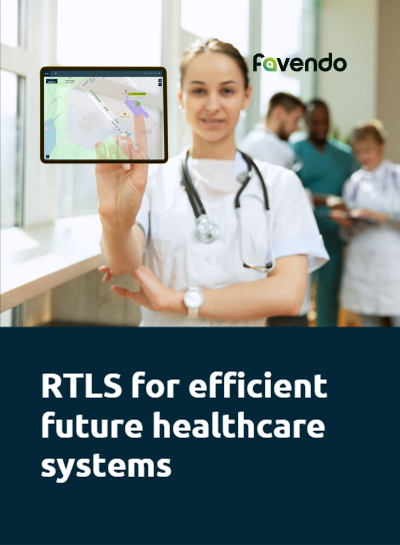
Onepager RTLS in Healthcare
Real-time indoor location is a powerful instrument that helps to create efficient healthcare systems. Download our onepager to learn more.
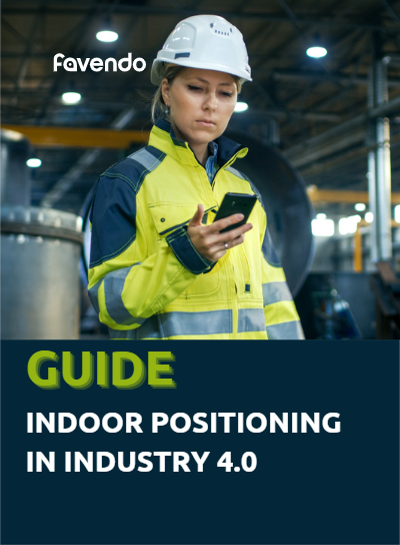
Guide Asset Tracking in Industry 4.0
Download our Partner Guide with Quuppa for RTLS in Industry 4.0 and discover the benefits of combining reliable high-end technology providers and service expertise in RTLS.
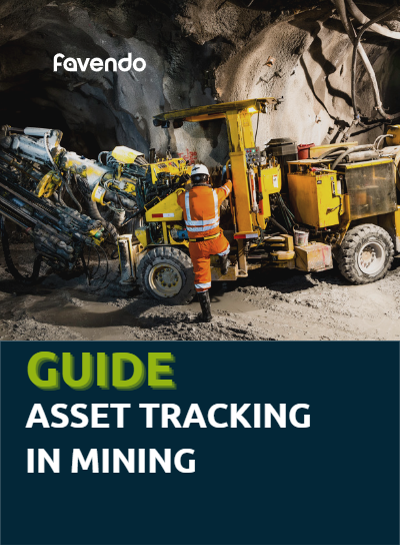
Guide Asset Tracking in Mining
Explore the value of real-time location tracking for mining in open pit and underground mines. Favendo's RTLS provides you with reliable location data even in harsh environments.
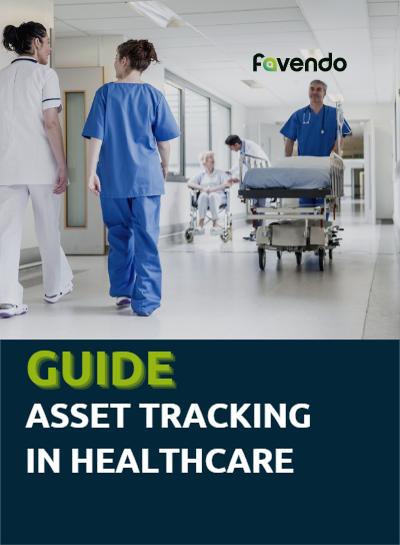
Guide Medical Asset Tracking
The healthcare sector can benefit a lot from RTLS: Improved care, lean processes, more safety for patients and staff. Learn about what location technology can do for hospitals in our guide.
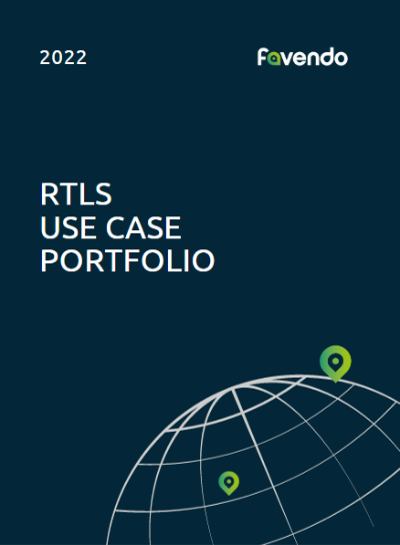
RTLS Use Case Portfolio
The number of use cases for Real Time Location Services in various industries such as mining, healthcare, industry 4.0, sports or the cruise industry is almost unlimited. To give you an overview of possible use case scenarios, we have compiled a portfolio according to the different industries.
RTLS Glossary
- On-Prem / on-premises
Often erroneously also on-premise. On-prem means software that runs locally or refers to a licensing model for server-based computer programs. It is only since local use has increasingly been replaced by Software as a Service (SaaS) or Cloud Computing that the opposite term to “cloud-based” has emerged. In the area of RTLS, on-prem solutions are relevant above all for self-sufficient use on cruise ships and where the user attaches great importance to data security.
- NFC
NFC stands for Near Field Communication. Based on RFID, this technology is also an international transmission standard for wireless data transmission over short distances. Data is exchanged via electromagnetic induction using loosely coupled coils and at a maximum transmission rate of 424 kBit/s. Since the maximum range of 10 cm is even shorter than with RFID, for example, the strengths of the technology lie less in the area of positioning than, for example, in mobile payment and contactless access controls.
- Magnetic Field
Indoor positioning via magnetic field measurement: This method of positioning makes use of the magnetic field of the earth. It takes advantage of the fact that modern buildings have a specific magnetic fingerprint, which results from the interaction of the earth’s magnetic field with the building materials used and the architectural features. The more steel used in the building, the better for this positioning solution. So what proves to be disturbing when positioning via radio signals is what makes positioning possible in this case. The steel is responsible for the characteristic interference of the earth’s magnetic field. Positioning with an accuracy of one to two meters should be possible with the help of the compass integrated in modern smartphones.
- LoRaWAN
With a range of up to 10 km in rural areas and 2 km in urban areas, LoRaWan (Long Range Wide Area Network) is one of the technologies with the highest range for positioning. The low-power wireless network protocol was developed for communication on the Internet of Things, the specifications are defined and freely available by the LoRa Alliance, a non-profit organization initiated by industrial companies from all industries. In addition to the long range, the ability to penetrate buildings is one of the advantages, and to a certain extent underground rooms can also be supplied.
- Location-based Services
Location- based Services are mobile services that, with the help of location-dependent data, provide the end user with relevant content on the smartphone for him / her at this moment and at that location, or provide services of a different kind. Location-based services are used in many industries, such as in retail / stationary trade, in transport, in tourism and as a component of successful digitization in Industry 4.0.
- IoT
Short for Internet of Things; 1999, the British technology researcher and co-inventor of the RFID chip at the renowned Massachusetts Institute of Technology (MIT), Kevin Ashton, with the term “IoT” referred to the connection of physical things with a structure of virtual representations. Sebastian Berg, a scientist at RWTH Aachen University, prefers the German synonym “Industry 4.0”. While the American “Internet of Things” is more concerned with products, the focus of Industry 4.0 is on production.
- iBeacon
A beacon is a small transmitter that transmits signals with a range of up to 40 meters on the Bluetooth low-energy standard. Beacons send a signal at a specific time interval that can be assigned by the correct receiving device. In most cases, the device is a smartphone or tablet with the corresponding app. In the signal, an ID is transmitted with which each beacon can be identified. There is a distinction between the standards iBeacon (Apple) and Eddystone beacon (Google). Eddystone beacons can, unlike iBeacons, send an URL.
- Granularity
The term granularity is often simply used to describe the accuracy of positioning. A distinction is often made between presence, zone and position tracking. In the first case, the system only checks whether an asset is “there”, i.e. whether it is located in the building. In the second case, the system checks whether an asset is located within a certain zone (see Geofencing). With position tracking, the exact position of the asset is constantly tracked.
your personal contact person

